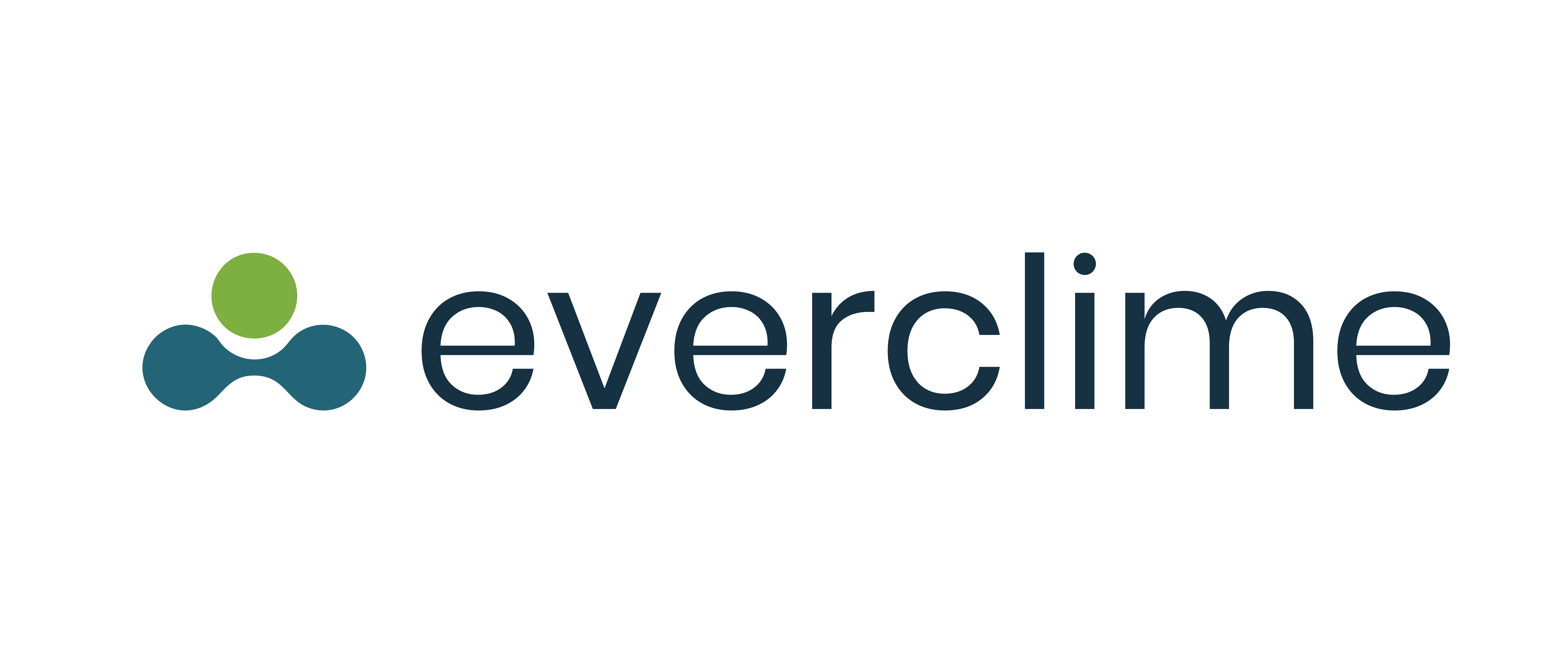

Yuin Station - WA HIR Carbon ProjectValidated by Everclime
Impact Feed

Yuin Station Project Update: Landscape Rehydration
09 Apr 2025
Landscape Rehydration
For nearly a century, the Folkes-Taylor Family has cared for Yuin Station, a Pastoral Lease deeply rooted in the heart of the Rangelands. As long-standing stewards of this landscape, the family is now taking proactive, impact-driven steps to regenerate the local ecosystem. Their commitment to sustainability reflects not only a deep connection to country but a forward-thinking approach to land management that aligns with modern environmental and cultural values.
